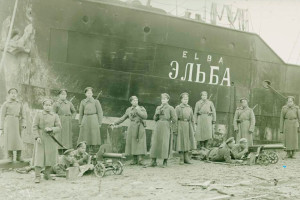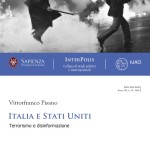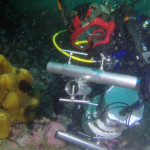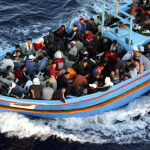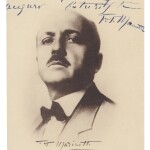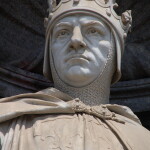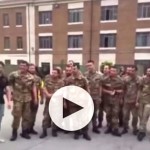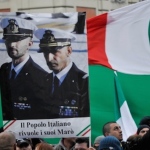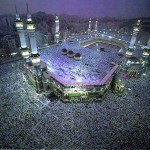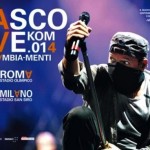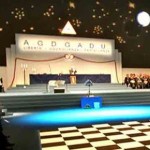(by Anthony Brown) – Commemorating the 100th year anniversary of the beginning of First World War, the United Nations held an event at its Headquarters remembering the devastating catastrophe of the “war to end all wars” and its seminal lessons for promoting building peace and reconciliation.
Organized by the Permanent Missions of France and Germany with the cooperation of the UN Department of Public Information, the event, “Learning from War to Build Peace”, commemorates the tragedy of the First World War and sends out a joint message of peace and reconciliation through a speech by Secretary-General Ban Ki-moon. Further, it is the only commemoration of WW1 that brought together UN Member States highlighting the importance of reconciliation through diplomacy and dialogue.
This special event featured an address by UN Secretary-General Ban-Ki Moon and a performance by the Grammy Award-winning Orpheus Chamber Orchestra of pieces by Samuel Barber, Ludwig van Beethoven and Maurice Ravel. The lives of these three composers were all marked by the wars of their times and their music reflects that. The event also included readings from the diaries and letters of people who lived through the war.
World War I, with a total number of casualties, both military and civilian, of an estimated 37 million, harshly revealed the need for just such dialogue – led by an international organization gathering all countries to ensure peace. It first led to the creation of the League of Nations and, ultimately, learning from its flaws, to the United Nations.
A clip with film material digitised by the EFG1914 partners has been shown to several hundred international diplomatic representatives as introduction to the event.
European film archives participating in the EFG1914 digitisation project provided the trailer to the UN. It shows original footage from and about WW1, which was digitised with support by the European Commission over the last two years. EFG1914 has digitised more then 700 hours of historic film material and made these available online for the first time on the European Film Gateway (http://europeanfilmgateway.eu/1914) and on Europeana (http://europeana.eu).
The European Film Gateway 1914 provides an extensive overview of the contemporary film production during WW1. Almost 3.000 newsreels, documentary, animation and feature films can be viewed online. The Deutsches Filminstitut in Frankfurt am Main co-ordinated the work of 31 partners in 15 countries. With the engagement of film archives across Europe, a unique corpus of historic film material has been made available to the public that not only covers all phases and most of the places of the First World War, but also all forms and genres from propaganda films to anti-war dramas.
The films can also be found on the theme portal www.europeana1914-1918.eu, which contains also books and text documents digitised by national libraries and private collection items and memorabilia collected by Europeana1914-1918’s ongoing activity of collection days all across Europe.
Facts about the EFG1914 project and the European Film Gateway:
EFG1914 is co-ordinated by the Deutsches Filminstitut with the support of the Federal Commissioner for Culture and the Media and the Hessen State Ministry of Higher Education, Research and the Arts. The project is cofinanced with 2,1 Million Euros by the ICT-PSP Programme of the European Union.
The digitised films are stored and hosted locally on the websites and repositories of the participating archives. The European Film Gateway (EFG), developed 2008-2011, provides a single point of research and access to these materials.
EFG collects descriptive and access information (metadata) and provides them to Europeana, the platform for cultural heritage in Europe initiated by
the European Commission. This way, the collections of Europe’s film archives are connected with collections of more than 2.000 cultural heritage institutions – libraries, museums and archives – in Europe. To date, EFG provides access to almost 650.000 images, posters, films and film historic documents from more than 30 European archives, providing film archivists, researchers and scientists, students and interested citizens with important information.
Links:
EFG1914: http://www.europeanfilmgateway.eu/1914
Europeana 1914-1918: http://www.europeana1914-1918.eu
Filmportal: http://www.filmportal.de





 09 Lug 2014
09 Lug 2014
 Inviato da Anthony Brown
Inviato da Anthony Brown 


